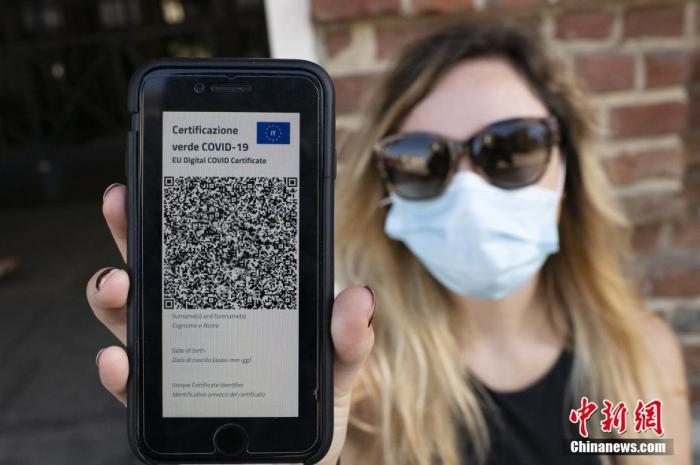China News Service, July 3, according to the United Nations website, on July 2, World Health Organization Director-General Tedros Adhanom Ghebreyesus urged leaders of all countries to curb the "dreadful" surge in new crown cases by increasing vaccination efforts and public health measures. .
He warned that the delta variant has been found in at least 98 countries and regions and is spreading rapidly in countries with low and high vaccination coverage.
With the delta variant quickly becoming the main new crown virus strain in many countries, Tan Desai warned: "We are in a very dangerous stage of this pandemic."
Data map: WHO Director-General Tan Desai called on the world to unite in response to the epidemic.
Photo courtesy of the WHO Press Office issued by China News Service
Tedros said at a press conference held twice a week, “In countries with low coverage of COVID-19 vaccination, the terrible scene of hospital overcrowding has once again become the norm. But no country has been out of the predicament yet.”
Tan Desai explained that the delta variant of the new coronavirus is "dangerous" and will continue to evolve and mutate, which requires continuous evaluation and "careful adjustment of public health responses."
He warned: "Delta variants have been found in at least 98 countries and are rapidly spreading in countries with low and high vaccination coverage."
In response to a reporter’s question, Van Kelkov, WHO’s technical leader in response to the new crown pandemic, reminded that the delta variant has been evolving since it first appeared.
She predicts: "The essence of viruses is evolution. There are currently four variants of interest that we are tracking: Alpha, Beta, Gamma, and Delta. They will continue to evolve. : There will be more mutations, more mutations will be detected, and some of them will be mutations worthy of attention."
Van Kelkov said that experts are currently tracking the "subfamily" of delta variants and urged countries to expand their genome sequencing efforts.
On June 30, local time, Turin, Italy, EU countries officially launched the digital vaccine passport on that day, ushering in another major move on the road to respond to the epidemic.
Image source: Visual China
At the same time, the head of WHO explained that countries "basically" have two ways to curb the surge of new coronavirus cases.
Tan Desai said: “Public health and social measures such as strong surveillance, strategic testing, early case detection, isolation and clinical care are still essential. In addition, it is also necessary to wear a mask, maintain physical distance, and avoid crowded places. And keep the room well ventilated."
Tan Desai said that the second way is through the global sharing of protective equipment, oxygen, testing, treatment and vaccines.
He said: "I have urged leaders around the world to work together to ensure that by this time next year, 70% of people in every country are vaccinated."
He further emphasized that this is the best way to slow the pandemic, save lives, promote a true global economic recovery, and further prevent dangerous virus variants from "getting the upper hand."

